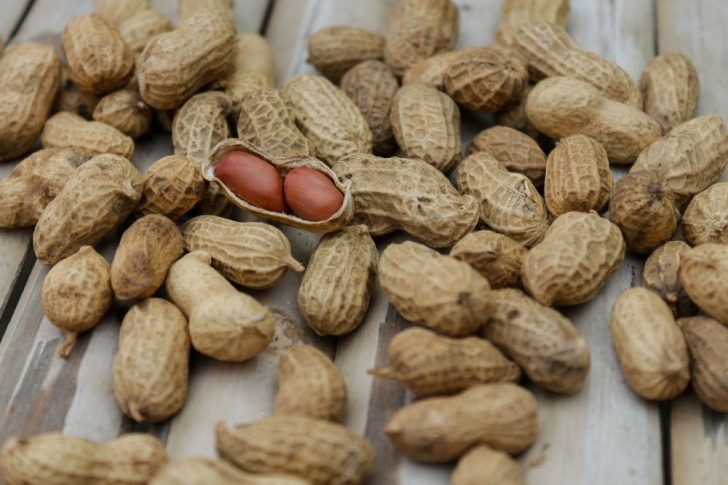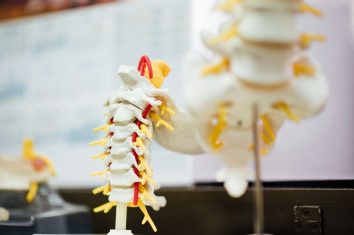Juice diet: A Comprehensive Guide to a Healthy Detox

Introduction:
In today’s fast-paced world, many people are turning to juice diets as a way to cleanse their bodies and kick-start a healthier lifestyle. This article aims to provide an in-depth overview of the juice diet phenomenon, exploring its various types, popular choices, quantitative measurements, differences between diets, and a historical analysis of its pros and cons.
1. Overview of Juice Diet:

A juice diet, also known as a juice cleanse or detox, involves consuming only fruit and vegetable juices for a specific period, ranging from a few days to several weeks. This strategy aims to eliminate toxins from the body, boost energy levels, and promote overall well-being. However, it is essential to note that juice diets should be approached with caution and should not replace long-term balanced eating habits.
2. Types and Popularity:
There are various juice diets available, each with its focus and benefits. Some popular types include:
– Green Juice Diet: Focuses on consuming predominantly green vegetables to optimize nutrient intake and detoxification.
– Fruit Juice Diet: Involves consuming primarily fruit-based juices, providing antioxidants and essential vitamins.
– Juice Fasting: Requires eliminating solid food entirely and consuming only freshly squeezed juices for a designated period.
– Smoothie Cleanse: Incorporates blended fruits and vegetables to provide fiber, which aids digestion during the cleanse.
These juice diets have gained popularity for their potential weight loss benefits, increased energy levels, and improved digestion. Celebrities and health influencers often promote these diets, contributing to their widespread adoption.
3. Quantitative Measurements:
When considering a juice diet, it is crucial to understand the quantitative aspects. The nutritional value of the juices, including calorie count, macronutrient composition, and micronutrient content, plays a significant role. Typically, a juice diet may range from 400-1200 calories per day, depending on the program and individual needs. Additionally, monitoring changes in weight, body composition, and blood markers can provide useful insights into the effectiveness of the juice diet.
4. Differences Between Juice Diets:
While all juice diets share the main concept of liquid nutrition, they differ in their specific guidelines and objectives. Some variations include the duration of the cleanse, the number and types of juices consumed, and whether or not solid foods are allowed. Understanding these differences is crucial, as certain juice diets may be more suitable for certain individuals depending on their goals, preferences, and health conditions.
5. Historical Analysis of Pros and Cons:
The juice diet has a long history, stretching back to ancient times when fasting and detoxing were believed to have numerous health benefits. Over the years, proponents of juice diets claim advantages such as improved digestion, enhanced nutrient absorption, increased energy levels, and reduced inflammation. However, critics argue that juice diets lack essential nutrients, lead to muscle loss, and may cause an unhealthy relationship with food. Balancing these perspectives is essential to make an informed decision.
Conclusion:
In conclusion, the juice diet phenomenon offers individuals an opportunity to rejuvenate their bodies and embark on a healthier lifestyle. While it is essential to approach juice diets with caution, understanding the various types, quantitative measurements, differences, and historical pros and cons can help individuals make informed decisions regarding their health. Ultimately, consulting with a healthcare professional and remembering that long-term balanced eating habits should form the foundation of any diet is crucial for overall wellness and sustainability.
Reference:
– [Add references/sources here]
(Note: The structure of the text, including headings and the insertion point for a video, is provided as instructed.)
FAQ
Are juice diets effective for weight loss?
Do juice diets provide enough nutrients?
What is a juice diet?
Fler nyheter
Behandlingshem trygg vård i en lugn miljö
Introduction: In today’s fast-paced world, many people are turning to juice diets as a way to cleanse their bodies and kick-start a healthier lifestyle. This article aims to provide an in-depth overview of the juice diet phenomenon, exploring i...
15 januari 2026
Avslappnande massage i Helsingborg: Vägen till återhämtning, mindre stress och mjukare muskler
Introduction: In today’s fast-paced world, many people are turning to juice diets as a way to cleanse their bodies and kick-start a healthier lifestyle. This article aims to provide an in-depth overview of the juice diet phenomenon, exploring i...
05 januari 2026
Kiropraktor Köping – så fungerar professionell kiropraktik i praktiken
Introduction: In today’s fast-paced world, many people are turning to juice diets as a way to cleanse their bodies and kick-start a healthier lifestyle. This article aims to provide an in-depth overview of the juice diet phenomenon, exploring i...
02 januari 2026
LED-mask för ansiktet: Ljusbehandling för hud som vill mer
Introduction: In today’s fast-paced world, many people are turning to juice diets as a way to cleanse their bodies and kick-start a healthier lifestyle. This article aims to provide an in-depth overview of the juice diet phenomenon, exploring i...
05 december 2025











